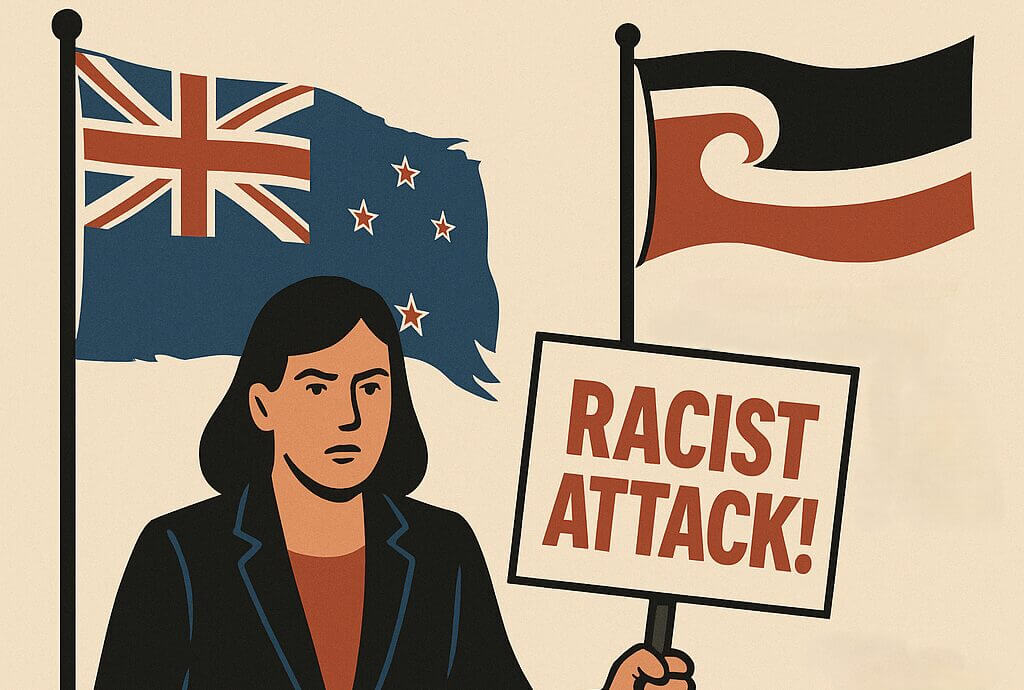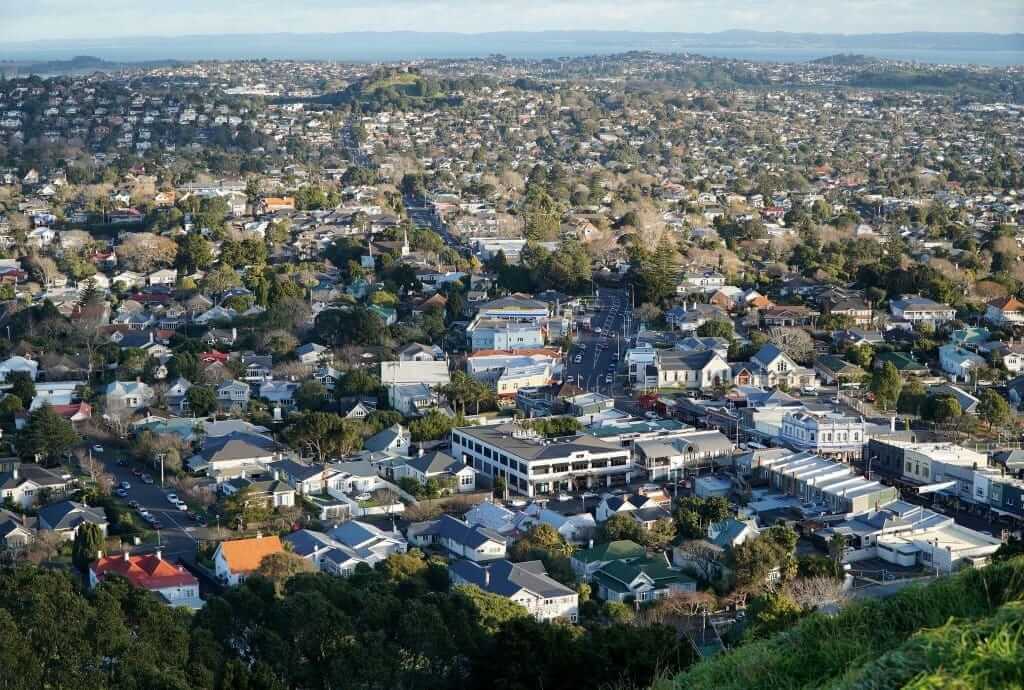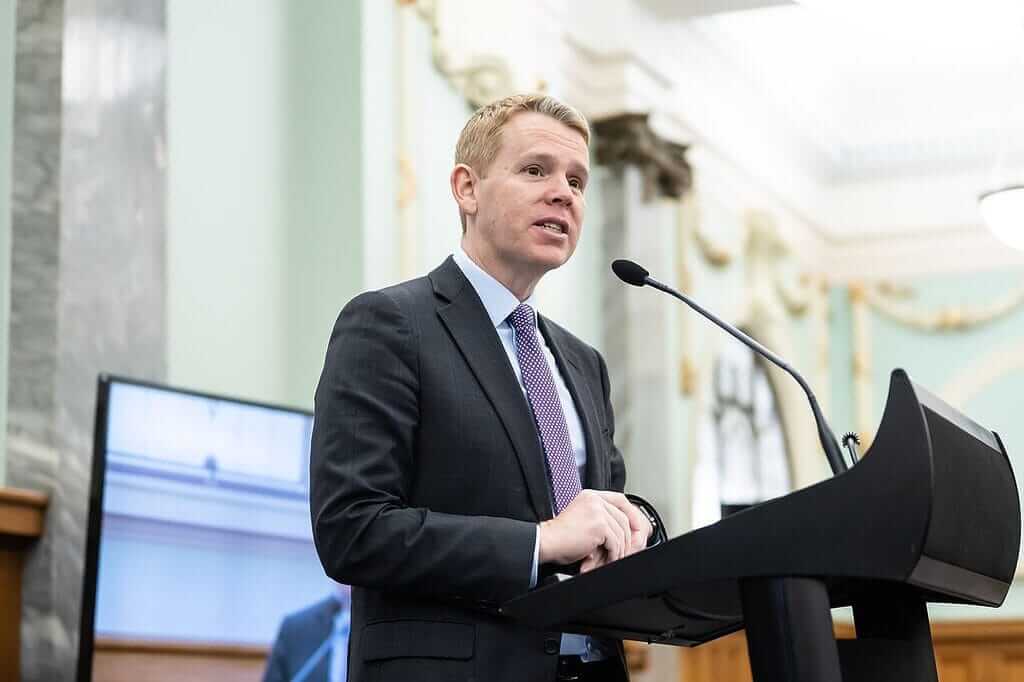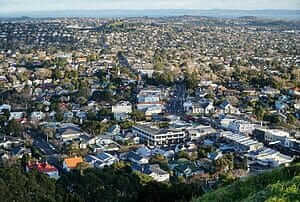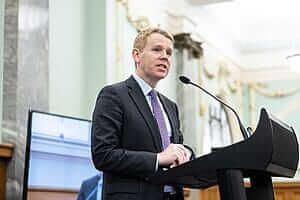Summarised by Centrist
In his recent analysis, Bryce Edwards critiques the failures of successive New Zealand governments in addressing the nation’s infrastructure needs. KiwiRail’s iRex ferry procurement project is only the latest, yet a prime example.
Under the Labour Government, the project’s costs soared, leading to its cancellation by National Finance Minister Nicola Willis in December.
A new report on the project options has reignited concerns, especially after the recent grounding of the Aratere Interislander ferry.
Successive governments have a poor track record on infrastructure. Public confidence in politicians’ ability to manage infrastructure projects is low. This is made worse by partisan blame games and a lack of bipartisan cooperation.
Edwards notes that politicians tend to ignore or defer decisions, then rush into poorly considered projects. This is evident in recent choices like Auckland Light Rail, the Bike Bridge, KiwiBuild housing, and various roading, electricity, health, and education facilities.
Edwards quotes ASB economists who say that New Zealand’s infrastructure deficit is estimated at $1 trillion.
Editor’s note: While we agree with a lot of Edwards’ analysis, ASB’s claim of an estimated $1 trillion infrastructure deficit is highly questionable.
First off, determining what infrastructure should be built is highly subjective. Secondly, a modestly affluent country of 5 million people like New Zealand simply cannot afford that cost.

